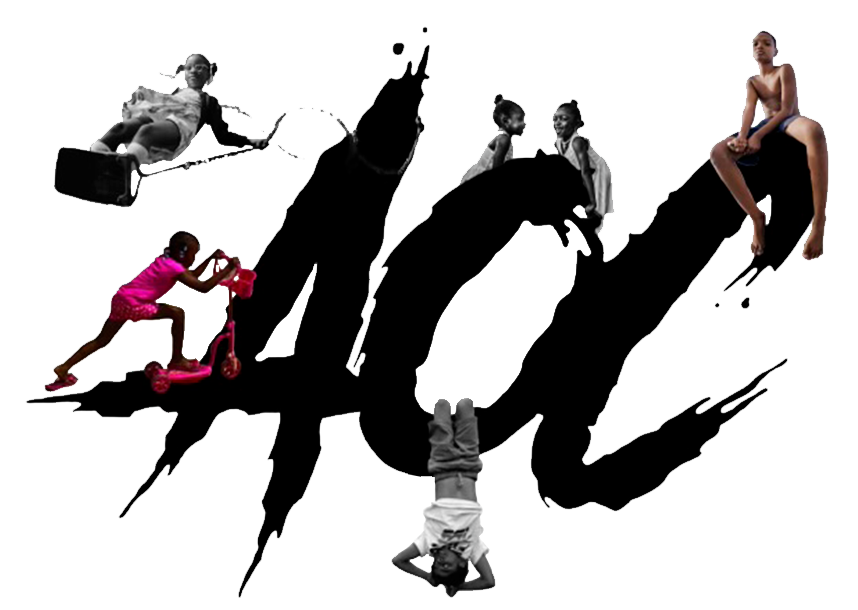Depression is more than just feeling down—it’s a serious mental health condition that affects millions of people every year. If you’re struggling with low energy, loss of motivation, or feelings of hopelessness, you’re not alone. The good news? Depression therapy is a powerful tool that can help you regain control, build resilience, and find joy again.
In Texas, there are many options for depression therapy, from one-on-one counseling to outpatient programs that provide structured support.
Whether you’re experiencing mild symptoms or severe depression, the right therapy approach can make a life-changing difference.
Let’s break down how depression therapy works, how long it takes, and what options are available—so you can start feeling like yourself again.
How Does Therapy Help in the Treatment of Depression?
When depression takes hold, it can feel like there’s no way out. But therapy provides the tools, support, and guidance needed to break free from negative thought patterns and emotional exhaustion.
Here’s how depression therapy helps:
1. Identifying the Root Causes
Depression doesn’t just appear out of nowhere—it often has underlying causes, such as past trauma, life stressors, or chemical imbalances. Therapy helps you uncover these triggers and develop strategies to manage them.
2. Changing Negative Thought Patterns
Depression is often fueled by negative thoughts like “I’m not good enough” or “Things will never get better.” Cognitive Behavioral Therapy (CBT), a common approach in depression therapy, helps rewire these thoughts and replace them with healthier, more balanced perspectives.
3. Developing Coping Skills
Life is stressful, and when you’re struggling with depression, even small challenges can feel overwhelming. Therapy teaches coping techniques—like mindfulness, journaling, and deep breathing—to help you navigate tough moments.
4. Providing a Safe Space to Talk
Depression can make you feel isolated, but therapy offers a judgment-free space to express your thoughts and emotions. Just talking to a trained therapist can be a huge relief.
5. Offering Medication Management (if needed)
For some people, depression therapy alone is enough. For others, a combination of therapy and medication is most effective. A therapist can work with you and a psychiatrist to determine the best treatment plan.
Therapy isn’t about “fixing” you—it’s about empowering you. With the right guidance, you can manage your depression and start feeling hopeful again.
How Long Does Therapy Take for Depression?
The length of depression therapy varies from person to person. Some people start feeling better within a few weeks, while others need long-term support. Here’s what to expect:
Short-Term Therapy (6–12 Weeks)
- This is common for mild to moderate depression.
- Includes weekly or biweekly sessions.
- Focuses on coping strategies, lifestyle changes, and shifting negative thought patterns.
- Often used in Cognitive Behavioral Therapy (CBT) programs.
Medium-Term Therapy (3–6 Months)
- Recommended for people experiencing moderate to severe depression.
- Involves a mix of talk therapy, behavioral therapy, and sometimes medication management.
- Helps address deeper emotional wounds, past trauma, and ongoing life stressors.
Long-Term Therapy (6+ Months to Years)
- Ideal for chronic depression, PTSD, or individuals who benefit from ongoing support.
- Helps build resilience and maintain long-term mental wellness.
- Often involves outpatient therapy, group therapy, and lifestyle adjustments.
While there’s no exact timeline, the key is consistency. Depression therapy is most effective when you actively engage with the process, apply what you learn, and give yourself time to heal.
What is Outpatient Therapy for Depression?
For many people, inpatient treatment isn’t necessary, but they still need structured support.
That’s where outpatient therapy for depression comes in—it provides professional care without requiring you to stay in a facility.
Types of Outpatient Therapy for Depression:
1. Traditional Outpatient Therapy
- Weekly or biweekly sessions with a licensed therapist.
- Focuses on CBT, mindfulness techniques, and emotional processing.
- Best for mild to moderate depression.
2. Intensive Outpatient Programs (IOP)
- Designed for people who need more support than traditional therapy but don’t require inpatient care.
- Involves multiple therapy sessions per week.
- May include individual counseling, group therapy, and medication management.
- Great for moderate to severe depression.
3. Partial Hospitalization Programs (PHP)
- A step between inpatient care and outpatient therapy.
- Requires attending therapy several hours per day, multiple days per week.
- Provides structured treatment while allowing you to go home at night.
- Best for severe depression or those transitioning from inpatient treatment.
Outpatient therapy lets you continue your daily routine—work, school, or family life—while still getting the support you need. It’s one of the most effective ways to treat depression while maintaining independence.
Finding the Right Depression Therapy in Texas
Texas offers a variety of depression therapy options, from private therapists to outpatient programs and mental health clinics. If you’re looking for help, here’s where to start:
1. Find a Licensed Therapist
- Search for therapists specializing in depression therapy in your area.
- Look for therapists offering CBT, Dialectical Behavior Therapy (DBT), or trauma-informed care.
- Consider online therapy options if in-person sessions aren’t convenient.
2. Explore Outpatient Programs
- If you need more structured support, look for IOP or PHP programs near you.
- Many mental health centers in Texas offer these programs with flexible scheduling.
3. Check Your Insurance Coverage
- Many insurance plans cover depression therapy, but benefits vary.
- If cost is a concern, look for clinics offering sliding scale fees.
4. Reach Out for Support
- Depression can feel isolating, but you don’t have to go through it alone.
- Talking to a loved one, doctor, or therapist is a great first step.
The Bottom Line: You Can Feel Better
Depression makes it hard to believe things will improve—but with the right support, they will. Whether you need weekly talk therapy or a structured outpatient program, depression therapy provides the tools and guidance to help you heal.
If you’re struggling, know this: Help is available, and you don’t have to do this alone. There are therapists, support groups, and programs across Texas designed to help you take back control of your life.
Reaching out for help isn’t a sign of weakness—it’s a step toward healing.
If you’re ready to start your journey with depression therapy, there are options waiting for you right here in Texas.
Children’s Mental Health Services in Houston & San Antonio Texas
Accepting Medicaid & Private Insurance
Reach out
Phone Number: 1-855-AOC-6100
24 Hours Crisis Line: 832-934-7770
Hours: Monday-Friday 9-5PM
Location: Houston & San Antonio areas
Houston Email: admin@aocoutreachservices.com
San Antonio Email: admin.sa@aocoutreachservices.com
Insurance Accepted
Medicaid: Texas Children Health Plan, Superior Health Plan, Molina Healthcare, United Healthcare
Private: Aetna, Blue Cross Blue Shield, & Cigna
Offices
Houston Office: 6671 Southwest Freeway, Suite 675, Houston, Texas, 77074
San Antonio Mailing Address: 45 Northeast Loop 410 Suite 207, San Antonio, Texas 78216
Follow Us
learn more
Start Services


